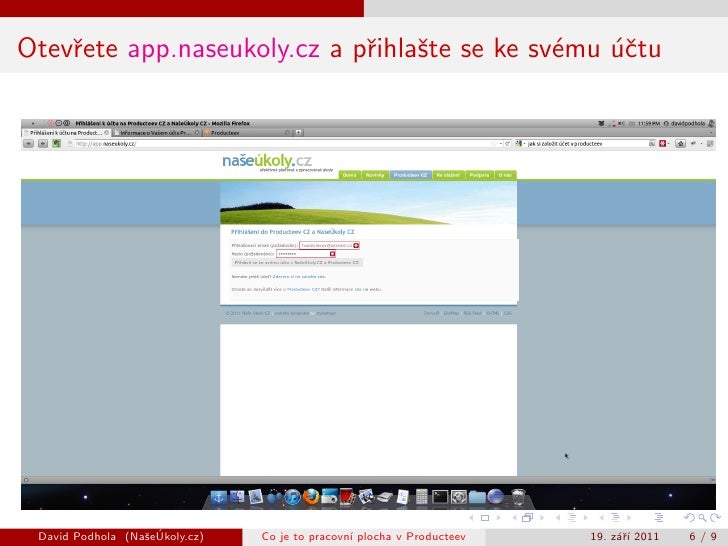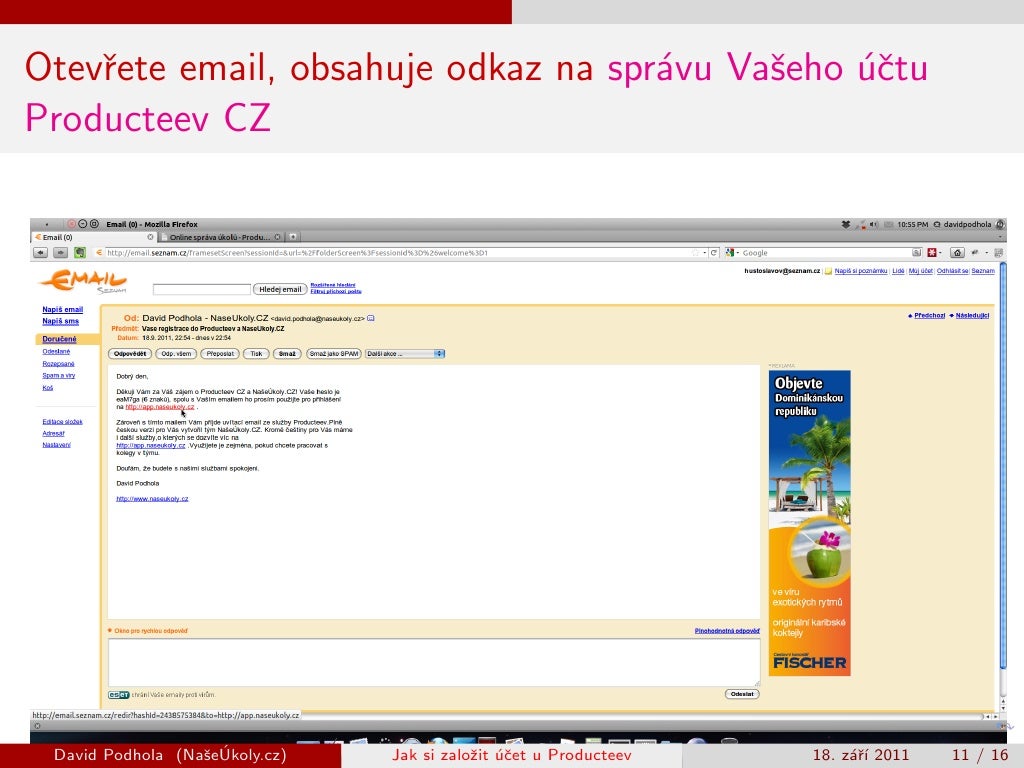

But they also mean there's infinitely more "stuff" to control. In principle, modern gadgets make it vastly easier to achieve that control. Most of us, when we talk about being "more organised", are really expressing the desire for a greater feeling of control – over the unfinished tasks that press in on us, the clutter that clogs our homes and the emails, electronic files and printed matter that colonise our computers and coffee tables. And this is nowhere more evident than when it comes to trying to use it to get organised.

The problem is that technology has an irritating way of making things more complex at the same time as making them simpler.
#Producteev vs toodledo full#
("What the wife selects on her console," as one 1969 documentary put it, "will be paid for by the husband on his console.") But it's a promise still made frequently today: "simplicity" is the selling point of nearly every app, phone or tablet, and when Mark Zuckerberg wants to convince you of the merits of letting him sell your soul to advertisers, there's a reason he uses the lubricious phrase "frictionless sharing" – it sounds so full of ease. That, of course, was the famous promise of those now-laughable 1960s predictions about life in the 21st century – flying cars, robots doing the housework and electronic shopping consoles that looked suspiciously like clunky old TVs. T echnology was supposed to make things simpler.


 0 kommentar(er)
0 kommentar(er)
